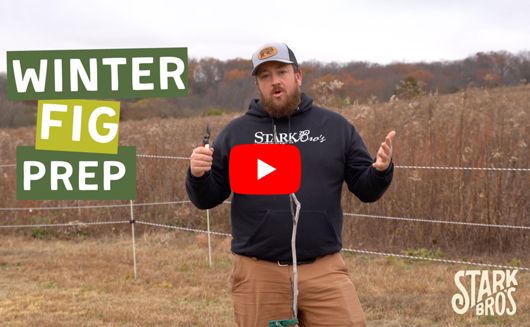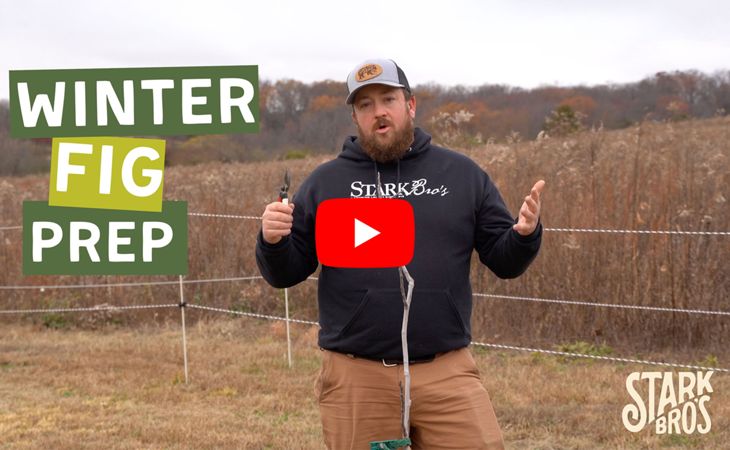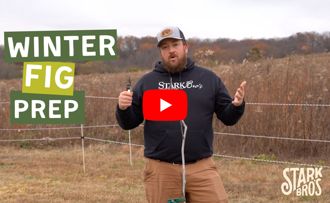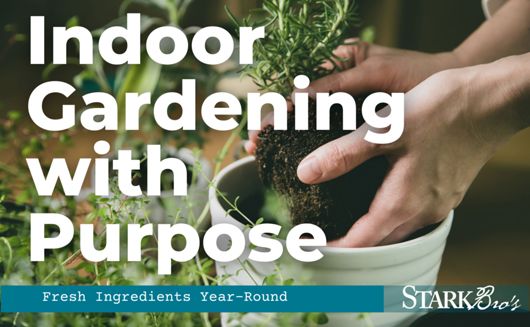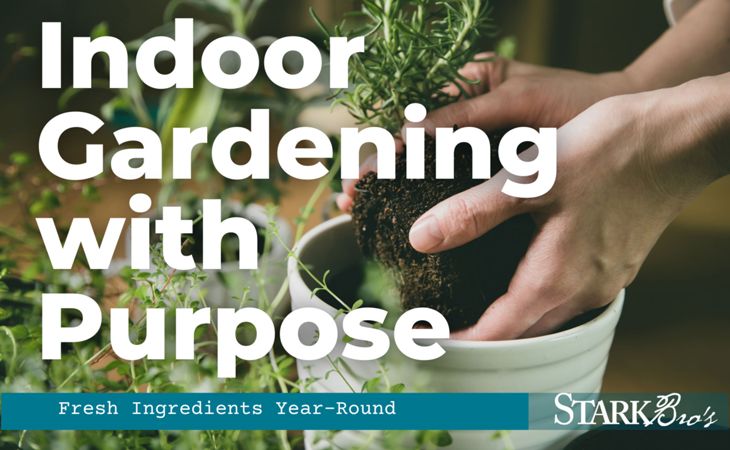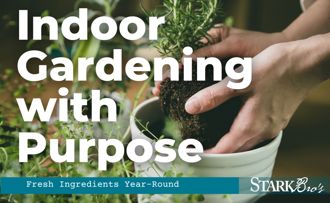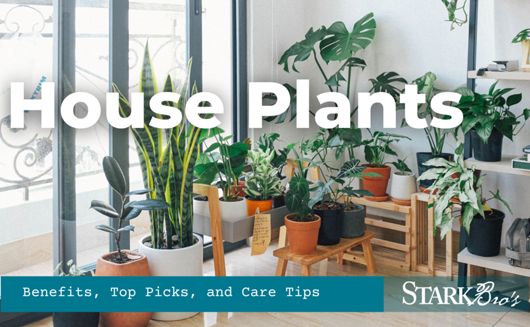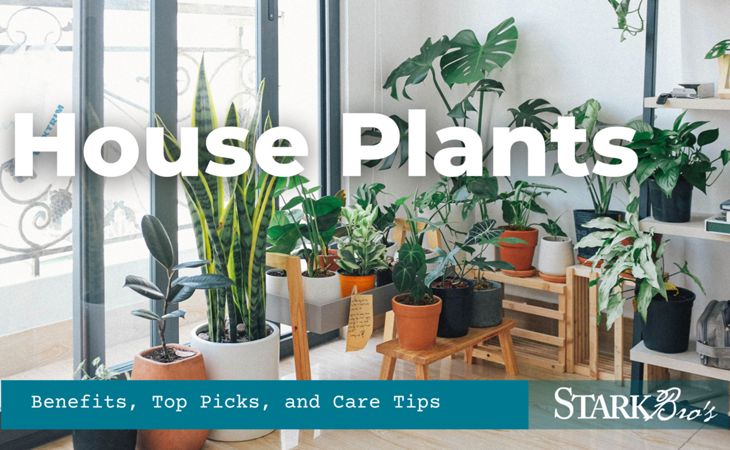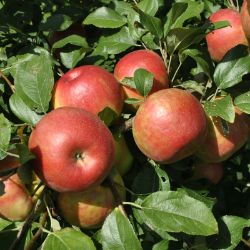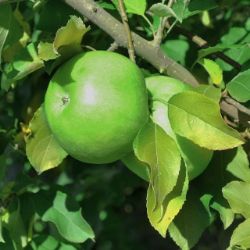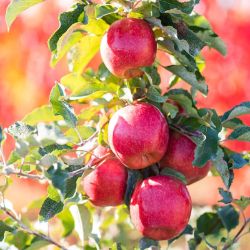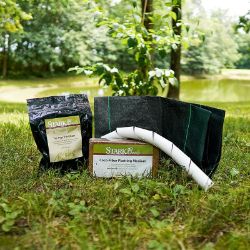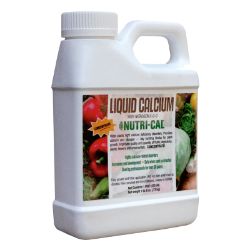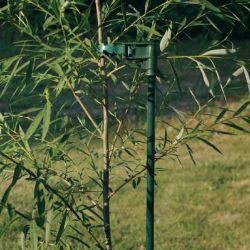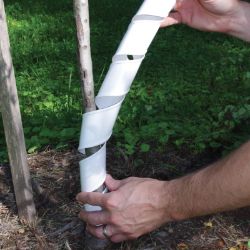How to Acclimate Apple Trees
Acclimate (ac·cli·mate): "To become accustomed to a new climate or to new conditions. Also to harden off a plant."
Acclimating apple trees helps to minimize environmental stress when planting. Since our potted apple trees are grown in the controlled environment of our greenhouses, they may arrive to you already sporting tender new growth. This growth can be sensitive to things like direct sunlight and sudden changes in temperature, so acclimating these apple trees to their new environment will help provide a great start.
NOTE: This is part 2 in a series of 11 articles. For a complete background on how to grow apple trees, we recommend starting from the beginning.
Things that may cause injury to tender new growth in transplants:
- Temperatures (below 50ºF or above 90ºF)
- Frost snaps
- Strong/direct sunlight
- Wind
These conditions are more likely to occur during early spring, but can be expected during different times of year in different areas. Here are a few steps we recommend you follow to acclimate (or harden off) your apple trees prior to planting outdoors:
Acclimating Bare-Root Trees
Allow your tree’s roots to soak in water an hour or two before planting. Do not soak the roots for more than 24 hours.
Bare-root trees are not grown in a pot and will not have any soil around their roots – hence the name “bare root”. Our bare-root trees are shipped dormant, which helps them to transplant well and experience less transpiration (water loss) immediately after planting. The best thing you can do for a new tree is to avoid shock as much as possible, so don’t wait until it’s too late in the season to plant. The best time to plant a bare-root tree, or any other bare-root plant, is in the fall or early spring.
Acclimation Steps for Potted & Bagged Trees
If your new plants or trees from Stark Bro’s arrive in a pot and already display tender leafy growth, then they were likely grown in our greenhouses. Here are a few steps we recommend you follow to acclimate these plants and trees (or harden them off) before planting outdoors:
- Upon arrival, unbox your plants and trees, and keep them in the pots or grow bags they arrived in. Place them in a sheltered, semi-shady spot outdoors – like on a back porch. After a day or so, move them to a sunnier spot. Water your plants upon arrival, but then allow the top of the soil to dry out – this also contributes to the hardening-off process.
- Observe foliage – if signs of leaf injury appear prior to planting, move those plants or trees back into more filtered sunlight and an area protected from harsh winds. Air movement in outdoor conditions is equally important for hardening off the plant. Cool air helps harden the tender new growth but do bring plants back indoors at night if temperatures are expected to reach close to or below freezing.
- After 2-3 days of acclimating your plants and trees, and if the weather conditions are right, your new plants and trees are ready to be planted outdoors in a permanent location. Your new plants and trees should be able to manage conditions, as long as soil temperatures are expected to stay above 50ºF. For best results, try to plant on a cloudy day.
Please note: these are general recommendations. Your particular growing environment might require a slight variation on these guidelines since some plants can take more time (or less time) than others to harden off. Factors like the current year’s weather, individual plants, and your location may affect the process. If conditions outdoors are too harsh, keep potted plants near a sunny window, water them, and take care of like a houseplant. Then start the process of hardening off your plants.

